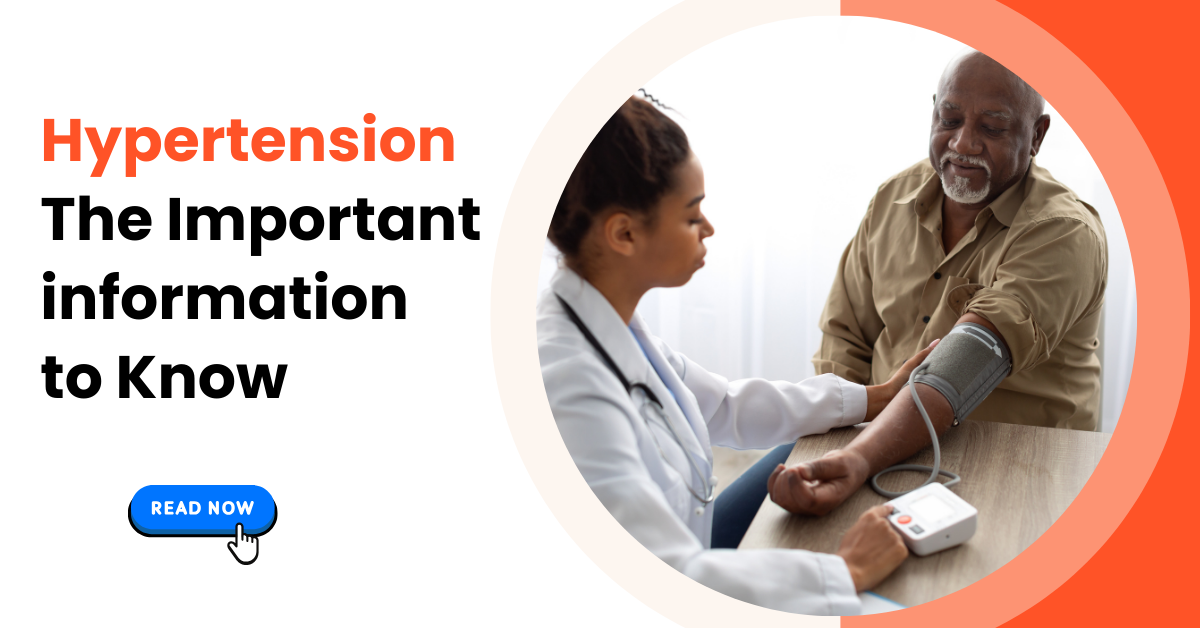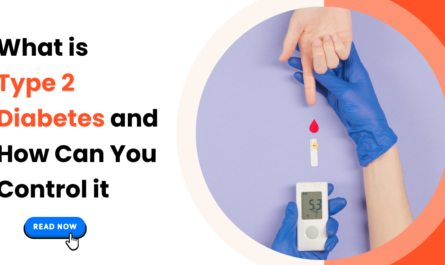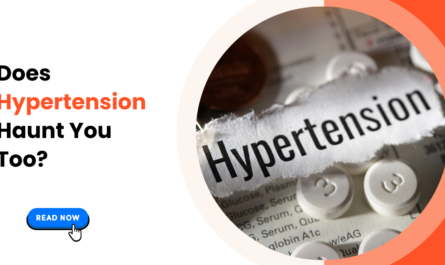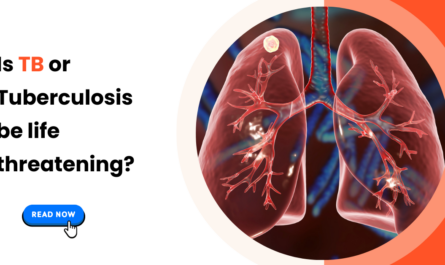Hypertension or high blood pressure or BP is a common condition in which the long-term force of the blood against artery walls eventually leads to healthy ailments, such as heart problems. There are two ways to determine blood pressure one by the amount of blood heart pumps and the second the amount of resistance to blood flow in arteries. Numerously relationship between blood pressure and heart disease risk has been established in men and women of all ages regardless cultural, social or economical boundaries.
Hypertension is defined as having a blood pressure higher than 140 over 90mmHg, with a consensus across medical guidelines. This means the systolic reading (the pressure as the heart pumps blood around the body) is over 140 mmHg and / or the diastolic reading (as the heart relaxes and refills with blood) is over 90 mmHg.
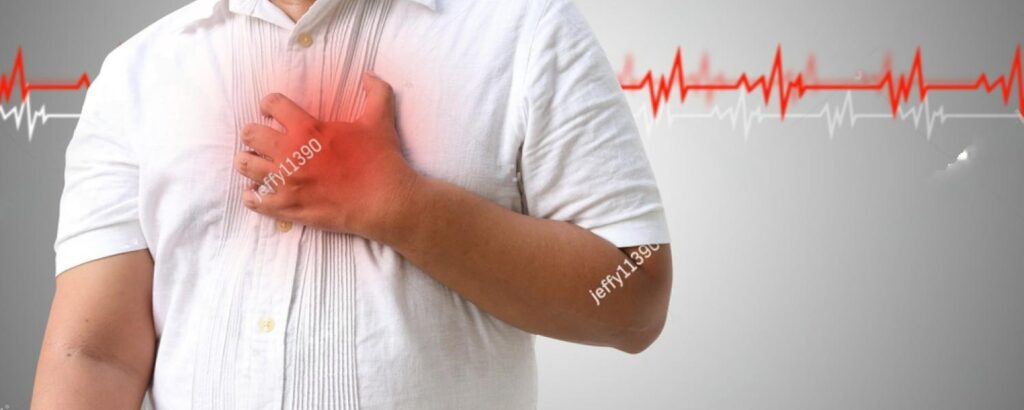
Fortunately, high blood pressure can be easily detected and there are many ways to control it. Most of the people who have high blood pressure will present with no signs or symptoms, even if blood pressure readings reach dangerously high levels. The symptoms of high blood pressure aren’t specific and usually don’t occur until high BP reaches life-threatening stage.
There are two types of high blood pressure- Primary Hypertension and Secondary Hypertension.
- Primary Hypertension develops gradually over many years and there is no defined cause of high blood pressure in this case. Most adults with sedentary lifestyle will have primary hypertension some day in lifetime.
- Secondary Hypertension is the type of high blood pressure caused by an underlying condition. People with kidney problems, fatty liver, thyroid problems, alcohol abuse, tumors or sleep apnea may develop secondary hypertension.
Symptoms of Hypertension
Referred as ‘The Silent Killer’ high blood pressure is asymptomatic as it can quietly cause damage to the cardiovascular system.
Risk Factors
High blood pressure has many risk factors, including:
- Age: as you age the risk of high blood pressure will increase. Men are likely to develop high blood pressure at the age of 45 while women may develop high blood pressure after the age of 65.
- Family history: High blood pressure tends to run in families.
- Being overweight or obese: Keep the close eye on your weight. The more you weigh the more blood you need to supply oxygen and nutrient to your tissues. The more blood you need the more blood pressure on vessels will increase, putting pressure on artery walls.
